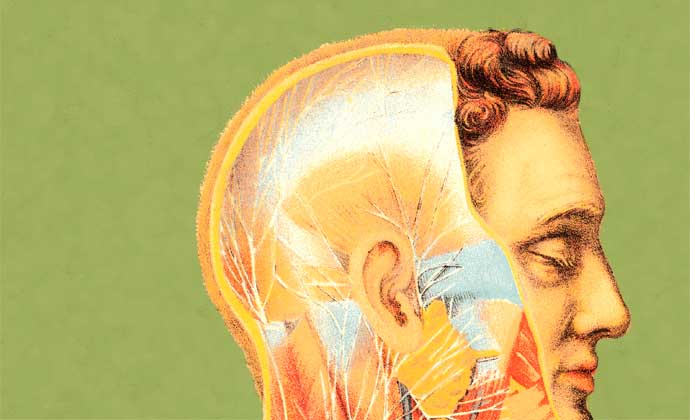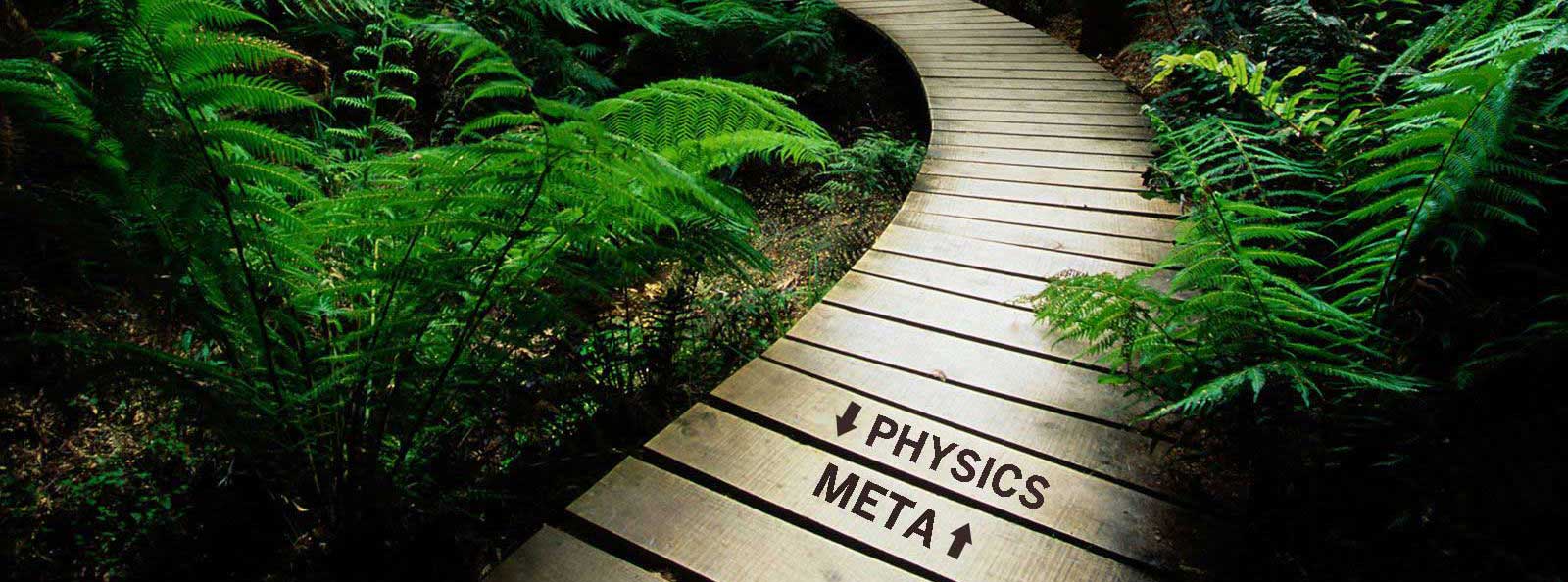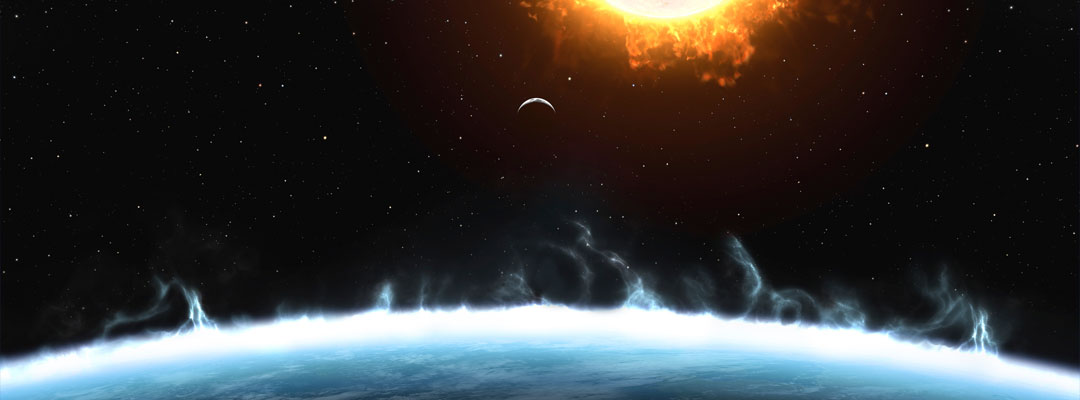Bas van Fraassen: The Semantic Approach to Science, After 50 Years
Room 1145 - Stevenson Hall Stevenson Hall, Room 1145, London, Ontario, CanadaABSTRACT The 1960s saw many revolutions, worldwide, and some of that epoch’s revolutionary spirit manifested itself in philosophy of science, with strong reactions against the dominant ‘received view’ of Logical Positivism. Scientific realism emerged to dispute ontology, Kuhn single-handedly turned our eyes back to history of science, and the semantic approach replaced the methodological framework [...]
Joel Lexchin: Those Who Have the Gold Make the Evidence: The Pharmaceutical Industry and Clinical Trials
Room 1145 - Stevenson Hall Stevenson Hall, Room 1145, London, Ontario, CanadaABSTRACT Pharmaceutical companies fund the bulk of clinical research and this funding can introduce biases into the research through methods such as influencing the choice of standards of comparison, only publishing positive trials, reinterpreting data submitted to regulatory agencies, ghostwriting, and the use of “seeding” trials. There is no evidence that any of the measures [...]
Charlotte Werndl: Confirmation and Calibration in Climate Science
Room 1145 - Stevenson Hall Stevenson Hall, Room 1145, London, Ontario, CanadaABSTRACT I argue that concerns about double-counting – using the same evidence both to calibrate or tune climate models and also to confirm that the models are adequate – deserve more careful scrutiny in climate modelling circles. It is widely held that double-counting is bad and that separate data must be used for calibration and [...]
2014 PhilMiLCog Graduate Conference
PhilMiLCog is a three-day graduate conference with a broad and interdisciplinary scope. The conference, now in its 12th year, is recognized as one of the top philosophy graduate conferences in North America, synthesizing research from the Philosophy of Mind, Language, and Cognitive science, including psychology, linguistics, evolution, and computer science. PhilMiLCog provides an opportunity for [...]
2014 Philosophy of Logic Math and Physics Graduate Student Conference
Join us for the fourteenth annual Philosophy of Logic, Math and Physics (LMP) graduate student conference in philosophy at Western University in London, Ontario, Canada. The LMP Graduate Student Conference will bring together philosophers of logic, mathematics, and physics for two days of presentations and discussions with some of the leaders in these fields. We [...]
Jean Bricmont: A Physicist Looks at Idealism and Relativism
Dr. David S.H. Chu International Student Centre International and Graduate Affairs Building, Western University, London, Ontario, CanadaABSTRACT Jean Bricmont, co-author with Alan Sokal of Intellectual Impostures: Postmodern Intellectuals’ Abuse of Science, will share his thoughts on idealism and relativism, from the perspective of a physicist. SPEAKER PROFILE Jean Bricmont is a Belgian theoretical physicist, philosopher of science and a professor at the Université Catholique de Louvain. He works on renormalization group [...]
Metaphysics Within and Without Physics: Annual Philosophy of Physics Conference
Room 1145 - Stevenson Hall Stevenson Hall, Room 1145, London, Ontario, Canada18th ANNUAL PHILOSOPHY OF PHYSICS CONFERENCE The Rotman Institute of Philosophy will devote the 2014 International Conference in the Philosophy of Physics on the relation between science and metaphysics. More specifically, the conference will bring together scientists and philosophers to address an important question about science and its cognitive aspirations: what is the relation between [...]
Causal Powers in Science: Blending Historical and Conceptual Perspectives
Dr. David S.H. Chu International Student Centre International and Graduate Affairs Building, Western University, London, Ontario, Canada2014 ROTMAN SUMMER INSTITUTE The 2014 Institute brings together philosophers of science and metaphysicians with historians of philosophy to discuss conceptual and historical issues concerning the nature and role of causal powers in science and the prospects of the debate between the neo-Aristotelian and neo-Humean approaches to causation and laws of nature. This is a [...]
Peter Godfrey-Smith: Memory as Communication
ABSTRACT Memory can be seen as communication between stages – communication between an earlier and a later self. This idea only becomes more than a loose analogy, though, if there is a theory of communication that can add something substantial to our understanding of memory. I’ll argue that recent models of communication, developed for quite [...]
Roman Frigg: Three-Part Crash Course on the Science of Climate Change
Room 1145 - Stevenson Hall Stevenson Hall, Room 1145, London, Ontario, CanadaABSTRACT This three-part lecture series focuses on the natural science aspects of climate change, as well as the methodological and philosophical questions that arise in connection with them. Everybody wishing to understand the basic physics behind climate change and the use of climate models is welcome to attend; no prior knowledge is presupposed. The first [...]
Karim Thébault: Confirmation Via Analogue Simulation: What Dumb Holes Could Tell Us About Gravity
ABSTRACT We argue for the existence of analogue simulation as a novel form of scientific inference with the potential to be confirmatory. This notion is distinct from the modes of analogical reasoning detailed in the literature, and draws inspiration from fluid dynamical ‘dumb hole’ analogues to gravitational black holes. For that case, which is considered [...]
Wayne Myrvold: What Do You Bring to a Street Fight?
Stevenson & Hunt Room A - Central Library 251 Dundas St, London, Ontario, CanadaABSTRACT An editorial in the journal Nature warned climate scientists that they must acknowledge that, like it or not, they are in a street fight. Climate scientists have been the targets of a well-funded, orchestrated campaign to discredit them and their work. In this talk, I will raise the question of what scientists can do [...]
Gillian Barker: Ecological Thinking about Climate Change: A New Paradigm?
Stevenson & Hunt Room A - Central Library 251 Dundas St, London, Ontario, CanadaABSTRACT A growing group of scientists and activists is calling for a “paradigm shift” in our thinking about the threat of climate change and how best to respond to it—a shift to an ecological approach that emphasizes the role of living systems. What do they mean? Are they right? SPEAKER PROFILE Gillian Barker is a [...]
Roman Frigg: Climate Change and Intergenerational Justice
ABSTRACT Should we take drastic measures to reduce greenhouse gas emissions now, or should we continue our current practices and leave it to future generations to adapt to the effects of climate change? Opinions on this issue are divided. In this lecture I explain the terms of the debate in plain English (no knowledge of [...]
Public Panel Discussion: Climate Change: What is to be done?
ABSTRACT A public panel discussion about what can, and what should, be done about climate change, with a focus on interplay between various levels of action – community, national, and international. Also discussed will be how we can cut through the ideological noise around the issue of climate change. SPEAKER PROFILES Gary Brown Gary Brown [...]
Rotman 2014 Annual Conference: Knowledge and Models in Climate Science
CONFERENCE DESCRIPTION The Rotman Institute of Philosophy second annual conference, Knowledge and Models in Climate Science: Philosophical, Historical, and Scientific Perspectives, took place on Oct. 24-26, 2014. The conference brought together researchers to discuss the use of models in understanding the climate from a variety of disciplinary perspectives. Models and computer simulations are essential not [...]
Leonard Smith and Erica Thompson: Doing Science in the Dark: The Challenges of Climate-Like Science
Stevenson & Hunt Room A - Central Library 251 Dundas St, London, Ontario, CanadaABSTRACT Climate prediction and weather prediction are very different: due to constant refinements and new techniques, the life time of a climate model is much less than the forecast we ask it to make, whereas the same weather model can be used to forecast tomorrow’s weather, day after day, for months if not years — [...]
Ioannis Votsis: Debunking the Instrument Conspiracy
ABSTRACT Observations made through instruments that cannot also be made with our unaided sensory organs lack epistemic credibility, claim the constructive empiricists. One well-known challenge to this view draws attention to the fact that distinct types of instruments have been known to yield the same or at least highly similar observational outputs. The implication, of [...]
Peter Achinstein: Who Needs Proof? James Clerk Maxwell on Scientific Method
ABSTRACT Isaac Newton famously claimed that hypotheses, i.e., unproved propositions, have no place in “experimental philosophy.” Maxwell disagreed and proposed three methods that can legitmately be employed when a scientist lacks proof for a theory, or even a theory to be proved. What are these methods, and are they legitimate? SPEAKER PROFILE Peter Achinstein specializes [...]
Peter Achinstein: What is a Theory of Everything and Why Should We Want One?
Room 1145 - Stevenson Hall Stevenson Hall, Room 1145, London, Ontario, CanadaABSTRACT Scientists and philosophers who seek, or advocate seeking, a “theory of everything” (e.g., string theory, Thomas Nagel’s panpsychic theory, David Chalmers’ “construction of the world”) want to produce a grand, unifying theory that can explain everything on the basis of fundamental laws and constituents of the universe. Advocates of this idea offer very general [...]












